United Nations Dispute Tribunal Finds Ethics Office Decisions Appealable
by Shelley Walden on May 06, 2011 ( The Whistleblogger / 2010 )
In a major breakthrough for United Nations whistleblowers, the UN Dispute Tribunal (UNDT) has ruled that Ethics Office decisions can be appealed through the UN justice system.
In Judgment No. UNDT/2011/063 (Hunt-Matthes v. Secretary-General of the United Nations) UNDT Judge Vinod Boolell ruled that “when a claim relates to issues covered by ST/SGB/2005/21 [the UN Secretariat’s whistleblower protection policy], a staff member is entitled to certain administrative procedures and that if he or she is dissatisfied with the outcome, he or she may request judicial review of the administrative decisions taken.” (paragraph 40) The judge therefore found that the Ethics Office’s determination that there was no prima facie case of retaliation in the Applicant’s case can be reviewed by UNDT.
As a contributor to the UN whistleblower protection policy, GAP notes that the policy was indeed designed with the intent that Ethics Office decisions could be appealed through the organization’s internal justice system. Such judicial review may be the only way that UN whistleblowers will receive a fair evaluation of their case, as the Ethics Office’s record of protecting whistleblowers from retaliation is abysmal.
According to Ethics Office reports to the Secretary-General, from August 1, 2007 to July 31, 2010, a prima facie case of retaliation was found in 1.5% of the requests for protection from retaliation received by the Office (2 of 134 cases) **. Thanks to this important precedent, the 98.5% of UN whistleblowers who were previously denied protection from retaliation will now have the chance to appeal Ethics Office denials through the justice system and may finally receive relief.
In an interesting twist, Judge Boolell noted that the Secretary-General initially accepted the decision of the Ethics Office as a receivable administrative decision, but then reversed this determination on appeal. According to the ruling,
“the Tribunal finds it remarkable that the Respondent suddenly decided to reverse himself when the Applicant contested the same decision before the former UN Administrative Tribunal and asserted that the decision of the Ethics Office is not an administrative decision and therefore not receivable. The Tribunal finds it even more remarkable that the Respondent did not provide any reason(s), logical or otherwise, for this unexpected turnabout and yet expects the Tribunal to accept his argument unequivocally…the Tribunal agrees with the Applicant in that the finding of the Ethics Office had direct consequences for her rights because it effectively brought the complaint process to an end for her and prevented her, whether justly or unjustly, from pursuing any redress for the protected activity she had been found to have engaged in. It would be absurd that a decision, such as the one in this case, which impacts a staff member’s rights, should be unchallengeable.” (para. 44, 39)
Because UNDT is the first level of the UN’s two-tiered justice system, there is a possibility that this decision may be appealed. Hopefully, the Secretary-General will not be “absurd” enough to do so.
**In the remaining 1.5% of cases, the whistleblower was not necessarily vindicated. After a prima facie case of retaliation is found, the case is referred to an investigative body. Based on the findings of that investigation, the Ethics Office issues a final decision. It appears that none of the investigations conducted during this period substantiated retaliation. All public information on the subject, therefore, indicates that: 1) the United Nations is retaliation free, 2) real victims of retaliation did not report it to the Ethics Office but bogus whistleblowers did, or 3) no whistleblowers were actually protected from retaliation by the Ethics Office during this time period. Of the three possibilities, the first two strain credulity. The third seems quite plausible, however.
Shelley Walden is International Officer for the Government Accountability Project, the nation's leadingwhistleblower advocacy organization.
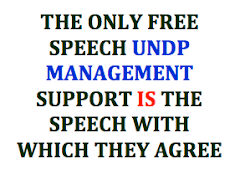



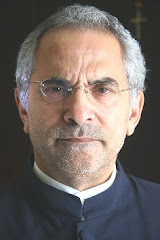

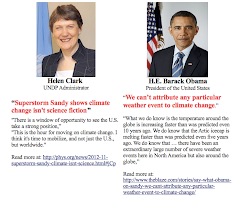














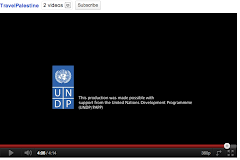

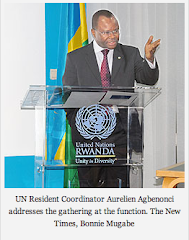



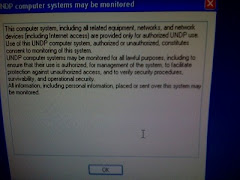

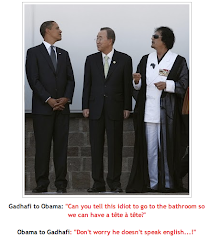
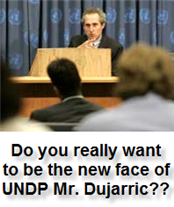





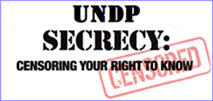
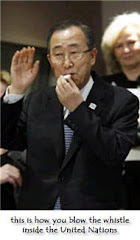
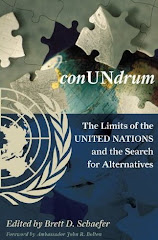

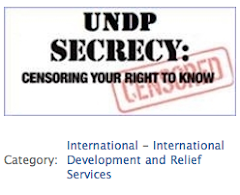



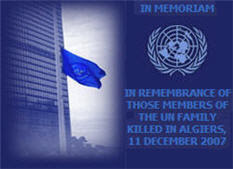


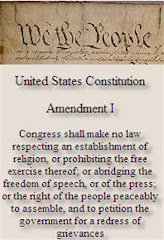
No comments:
Post a Comment